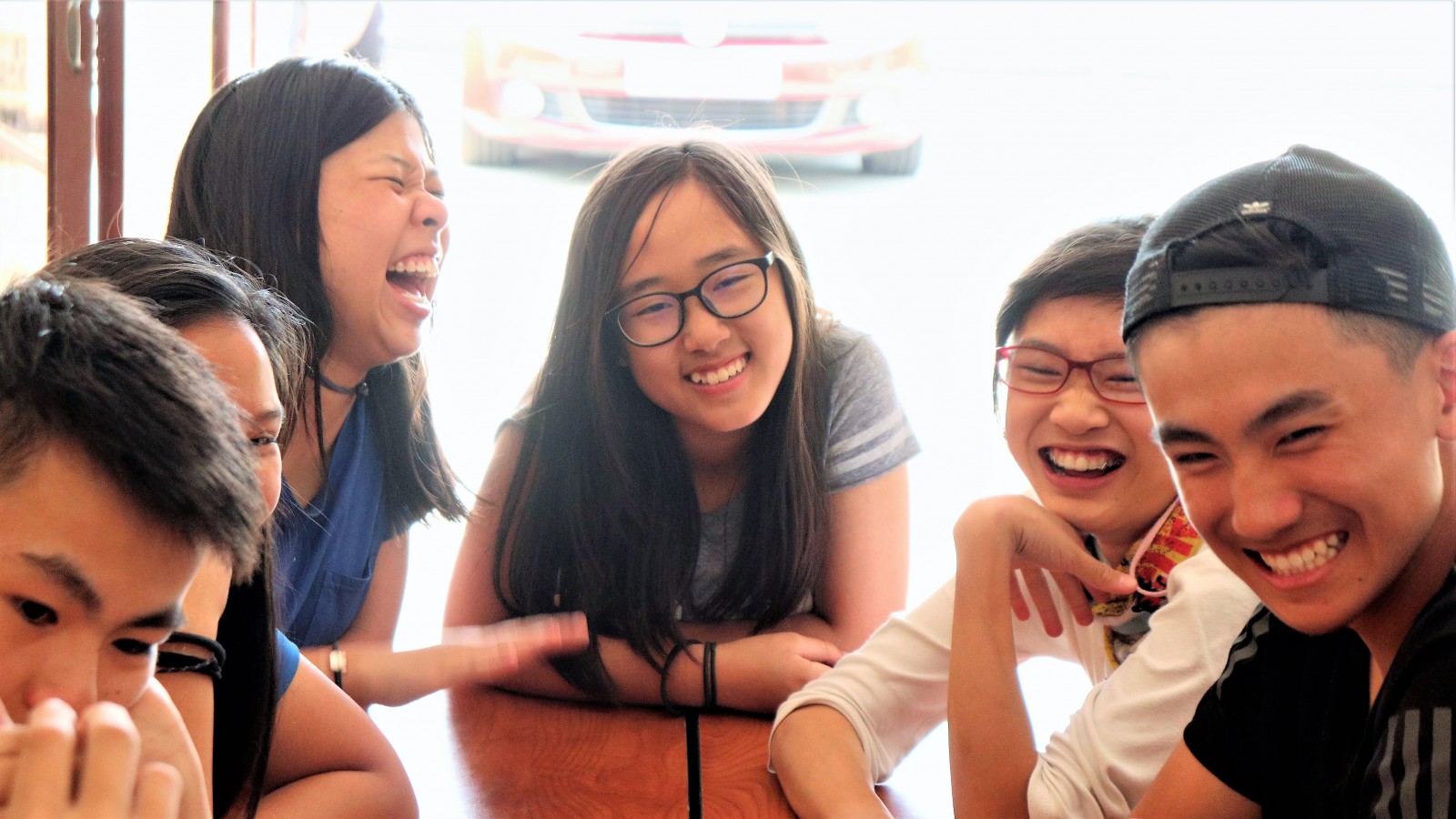From Independence to Community
Transitioning from home to our dormitories, boarders learn to embrace independence through daily routines, healthy lifestyles, and personal hygiene. They engage in continuous peer interaction that enhances social skills and nurtures lasting friendships. Living together encourages tolerance and understanding, as students learn to consider the needs of their hallmates and develop a strong sense of community.
A Supportive Community
The boarding community at St Stephen's is built on strong relationships. Students are not just classmates; they become friends who live, learn, and grow together. Our dedicated boarding staff and Boarder Prefects, led by the Principal (Warden) and Assistant Principal (Deputy Warden), provide comprehensive support. Junior boarders are organised into small groups, known as wards, supervised by Assistant Wardens who serve as second parents. Weekly group meetings allow students to discuss their thoughts and challenges, fostering a supportive and caring environment for their personal growth.
Academic Support
Academically, our residential teachers are readily available to assist boarders with schoolwork and provide guidance. We also offer pull-out programs led by local teachers and Native English Teachers (NETs) for younger boarders who may need additional academic support.
At St Stephen's, boarding is more than just a place to stay; it is a vibrant community that shapes responsible, respectful, and well-rounded individuals.
Click here for the Boarder Guide for more details of the boarding schedule and other regulations.



